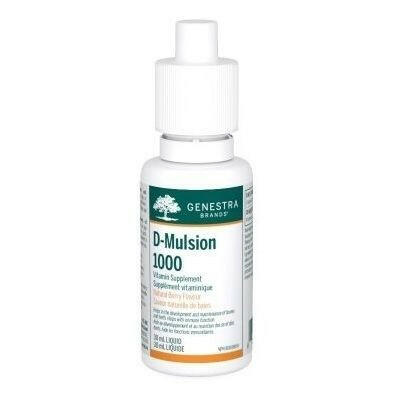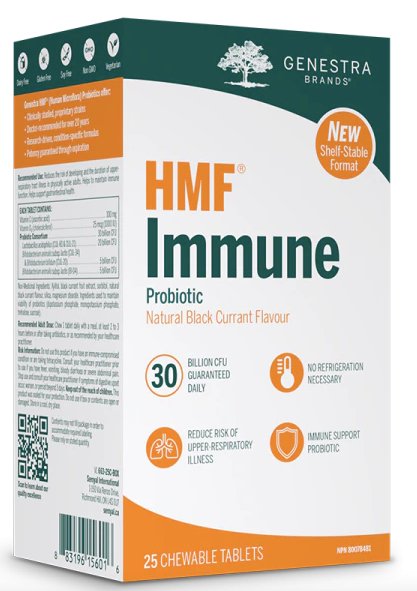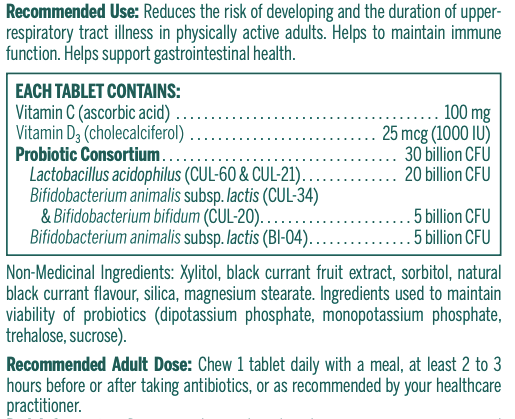Collagen is an essential nutrient for all joints
Collagen is an essential protein that is found in almost every part of the body, including our skin, bones, and joints. When it comes to joint health, collagen plays a vital role in maintaining the integrity of the joint and supporting its functions. Let's explore why collagen is so important for joint health.
First and foremost, collagen is a key component of ligaments and tendons, which connect our bones and muscles. Collagen provides the necessary strength and structure to these tissues, enabling them to withstand the stresses and strains of movement. With stronger ligaments, we can have a better range of motion and reduce the risk of injured ligaments.
Collagen also plays a crucial role in the healing and repair of joint tissues. When a joint is injured, collagen is necessary for the formation of scar tissue to help bind the injured tissue together. Collagen is also essential for the regeneration of new tissue and helps to reduce pain and inflammation associated with joint injuries.
In addition to its role in healing and repair, collagen helps to protect cartilage from deterioration. Cartilage is the rubbery tissue that covers the ends of bones and provides a cushion between joints. As we age, our cartilage may start to break down, leading to cartilage degeneration and ultimately, joint pain. Collagen helps to maintain the strength and structure of cartilage, slowing down the degeneration process and promoting healthy joint function.
In conclusion, collagen is a crucial protein for joint health. It helps to maintain the strength and structure of ligaments, supports healing and repair, and protects cartilage from degeneration. Incorporating collagen supplements into your diet can be a valuable tool in promoting joint health and reducing joint pain.
Collagen may be different from their sourcs: Marine collagen and bovine collagen
Marine collagen and bovine collagen are two popular types of collagen supplements that are derived from different sources. While both types of collagen have similar benefits for joint health and skin health, there are some key differences between them.
Marine collagen is sourced from fish and other marine sources, such as shellfish. It is type 1 collagen, which is the most abundant type of collagen found in the body. Marine collagen is known for its high bioavailability, meaning it is easily absorbed and utilized by the body. It is also rich in the amino acids glycine, proline, and hydroxyproline, which are important for collagen synthesis and promoting healthy skin and joints.
Bovine collagen, on the other hand, is sourced from cows and is also a type 1 collagen. Bovine collagen is known for its strength and durability and is commonly used in medical applications such as surgical implants and wound healing. Bovine collagen is also rich in glycine and proline, which are important for collagen synthesis and joint health.
One of the main differences between marine collagen and bovine collagen is its source. Marine collagen is ideal for individuals who follow a pescatarian or vegetarian diet, or those who prefer to avoid consuming animal products. Bovine collagen, on the other hand, is not suitable for individuals who follow a vegetarian or vegan diet.
Another difference between marine collagen and bovine collagen is its taste and odour. Marine collagen has a milder taste and odour compared to bovine collagen, which can have a slightly meaty taste and odour.
In summary, marine collagen and bovine collagen are effective sources of collagen for promoting joint and skin health. The choice between the two depends on personal preference, dietary restrictions, and the specific benefits that one is seeking.









